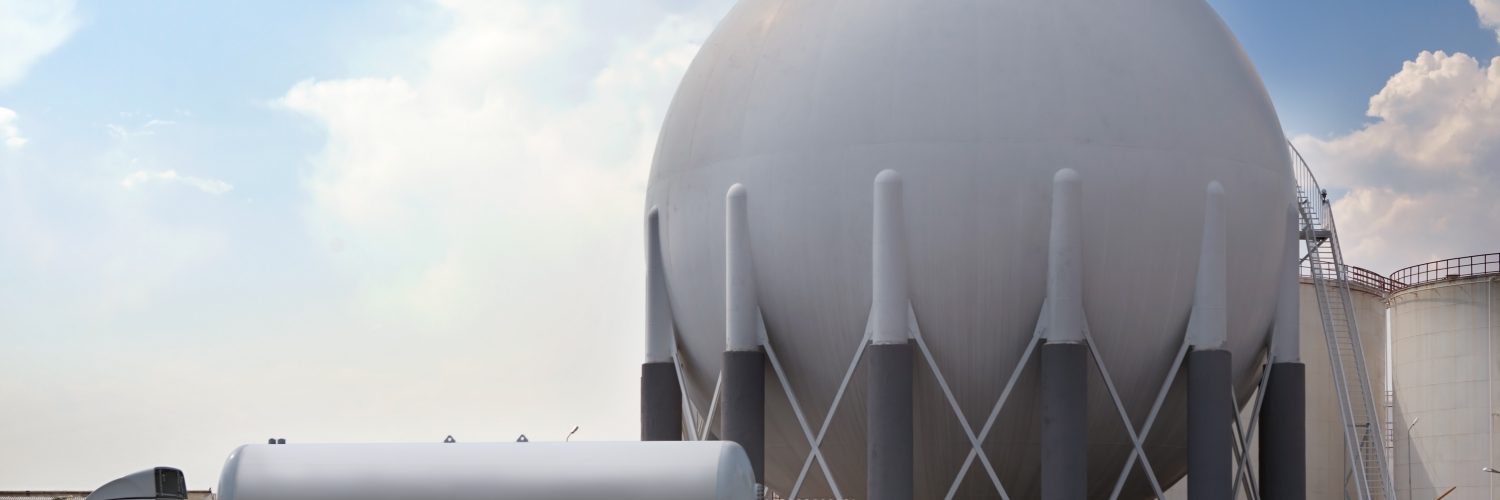While it’s known that Mexico sends up a lot of valuable commodities, especially in produce, automobiles, and manufacturing, it also takes in a lot of high value exports from the United States, including natural gas funneled down through pipelines, some operated by private operators.
To help solve disputes over certain fees and payments, Mexico’s president Andrew Manuel Lopez Obrador recently reached a new deal with private gas pipeline operators whom the administration has accused of taking unfair advantage of Mexico since previous administrations were in office. Mexico’s Obrador pointed out that these companies originating in the United States and Canada were making the country pay fees even if it didn’t receive gas. After Obrador suspended contracts, an agreement was made.
The original suspensions weren’t well-received by private companies in Canada. This past June, former Canadian Ambassador Pierre Alarie wrote “I am deeply concerned by the actions of the CFE (Federal Electricity Commission) and the signal they send that … Mexico will not respect the gas pipeline contracts.”
The issue at hand revolves around seven pipelines, some of which are yet to be completed due to being blocked by court appeals or protests. Last December, Arizona Governor Doug Ducey signed an approval to enable natural gas to be piped from New Mexico through Arizona, and then on down to Sonora for eventual sale in Asia.
“This is just a way for us to work with our neighbors and promote binational trade,” Ducey said in December. “This is just another way for us to bring that to life and be cooperative in economic development.”
In Sonora, the state benefits from the jobs created by building and operating a plant that compresses the gas into liquefied form, which is then transported on ships. However, local Yaqui Indian citizens have blocked the final parts of the pipeline for the last three years.
In the new pipeline deal, the companies involved are taking 30 percent less in profits in exchange for changing fee structures to a single flat rate. The deal would save Mexico about $4.5 billion over the next three decades, the length of the agreement. The pipelines in question would allow Mexico to bring in more U.S. natural gas and help distribute that gas to more rural and underserved parts of the country.
Last fall, the Federal Energy Regulatory Commission approved the expansion of the Sierrita Gas Pipeline, which runs from Tucson to the border near Sasabe. Kinder Morgan, the infrastructure company overseeing the movement of the commodity, will more than double the volume of natural gas it carries from the U.S. to Mexico.
“On the Arizona-side of the border, these developments may help Arizona consumers by increasing access to gas from West Texas’ Permian basin, currently the cheapest gas in North America,” says Ricardo Falcon, an analyst with Genscape, an economics consultancy company that works with entities involved in Mexican oil trade. “The creation of an alternative route for Permian gas to get to Mexico should alleviate pressure on the current supply line to Mexico, which southern Arizona markets share.”
According to Falcon, the pipeline deal, as made public so far, has the potential to reduce Arizona exports to Mexico by rerouting those flows out of West Texas instead. This will be mainly due to Grupo Carso’s Samalayuca – Sásabe system, one of the five that are already part of the agreement. With an in-service date of May 2020, this project will provide a cheaper alternative route for West Texas gas to reach northwestern Mexico—the current one runs to Sonora via the El Paso South Mainline through Arizona. As a result, Arizona flows to Mexico could fall by as much as 300 MMcf/d, beginning in May next year.
“The underlying issues are that Mexico’s indigenous gas production continues to decline and that the volume that it does produce is only 25% non-associated to petroleum. In this light, we forecast continued and gradual growth in U.S. exports to Mexico in order to help meet modest growth in Mexican gas demand and to offset the decline in domestic output,” explains Falcon.
















Add comment